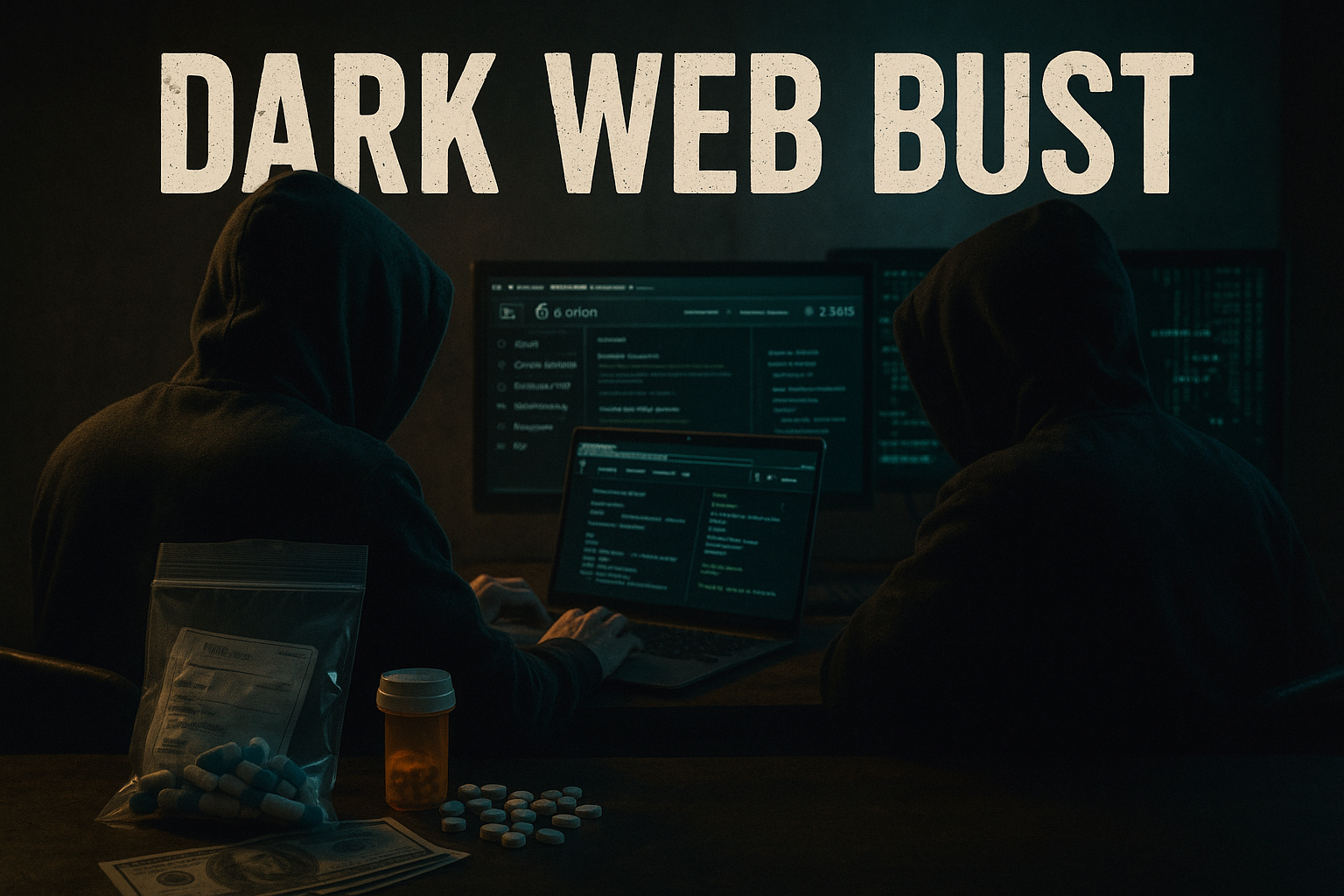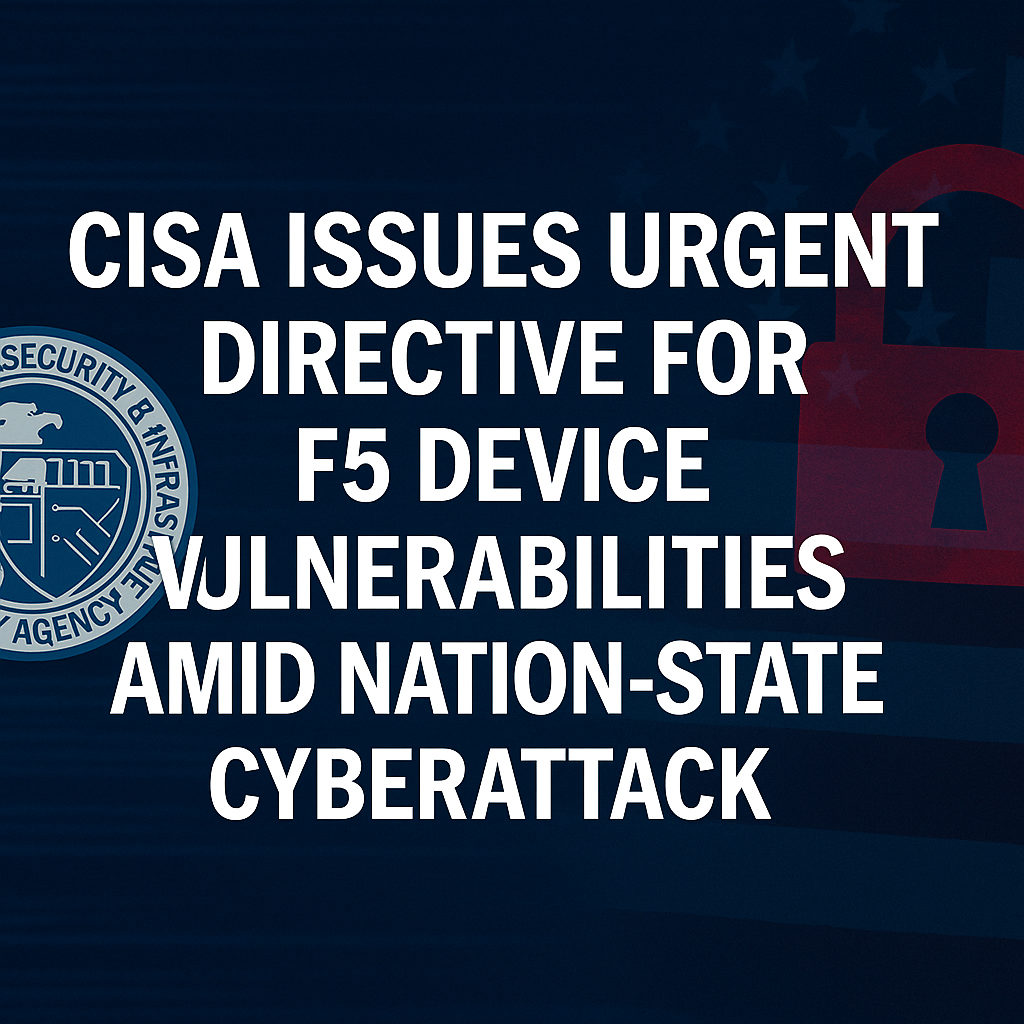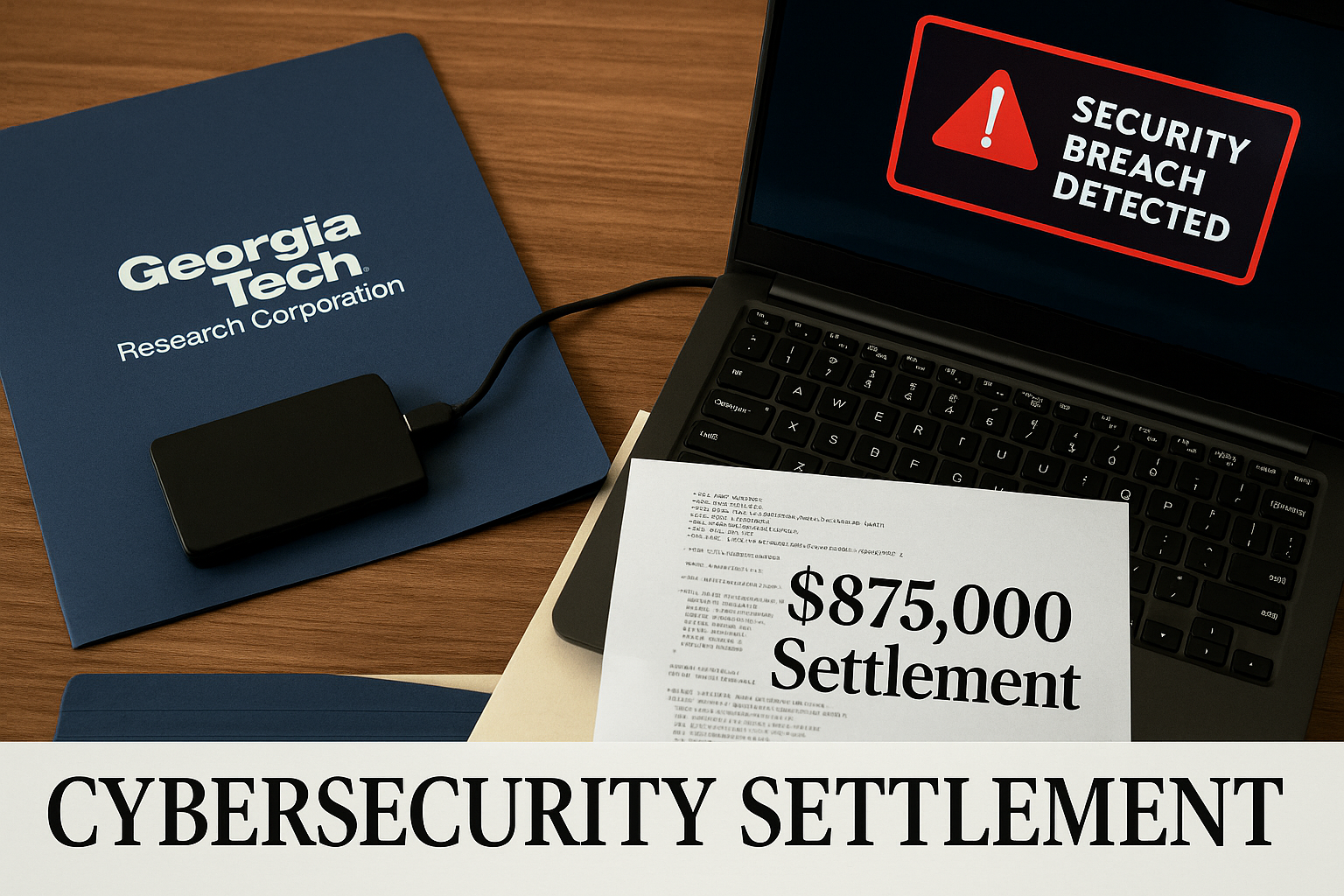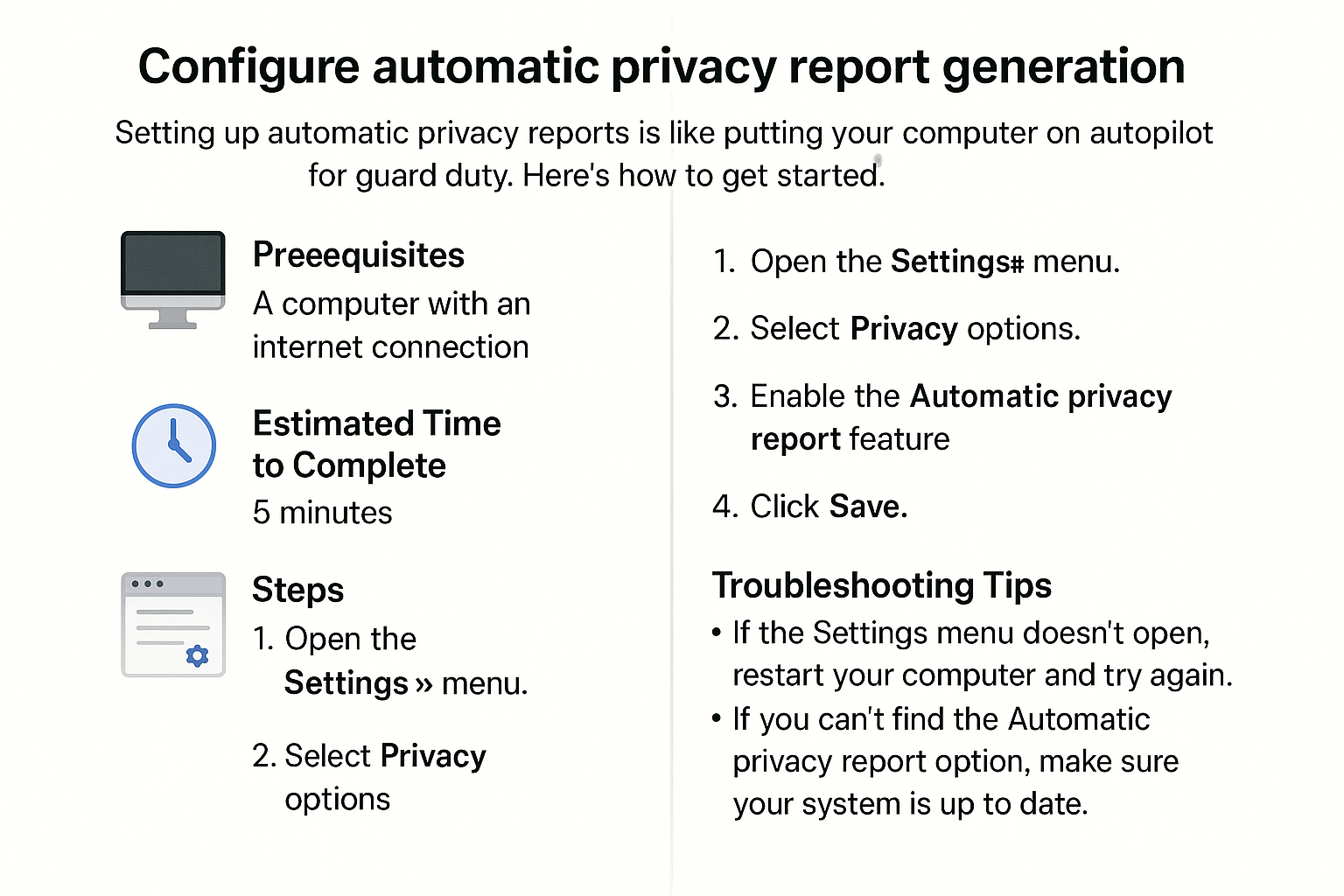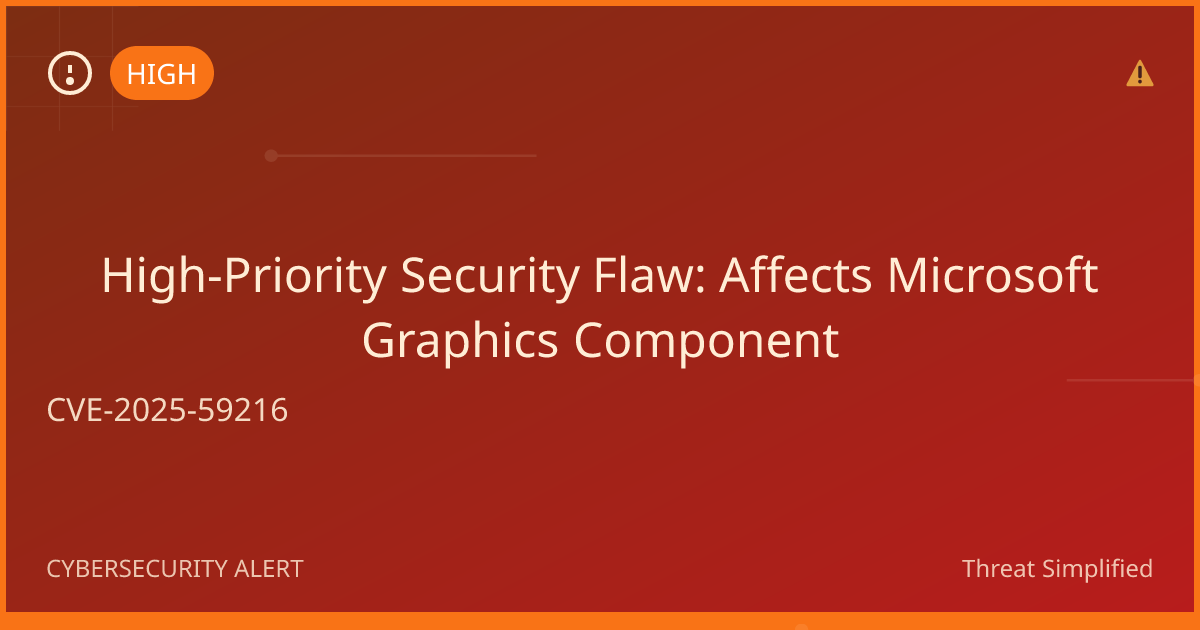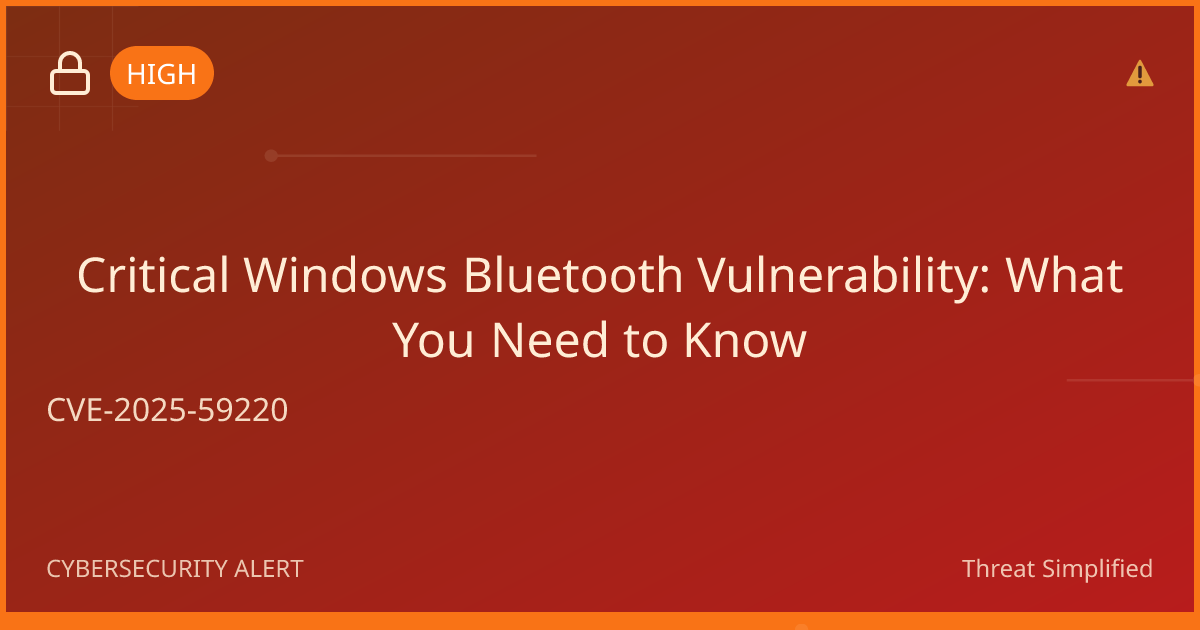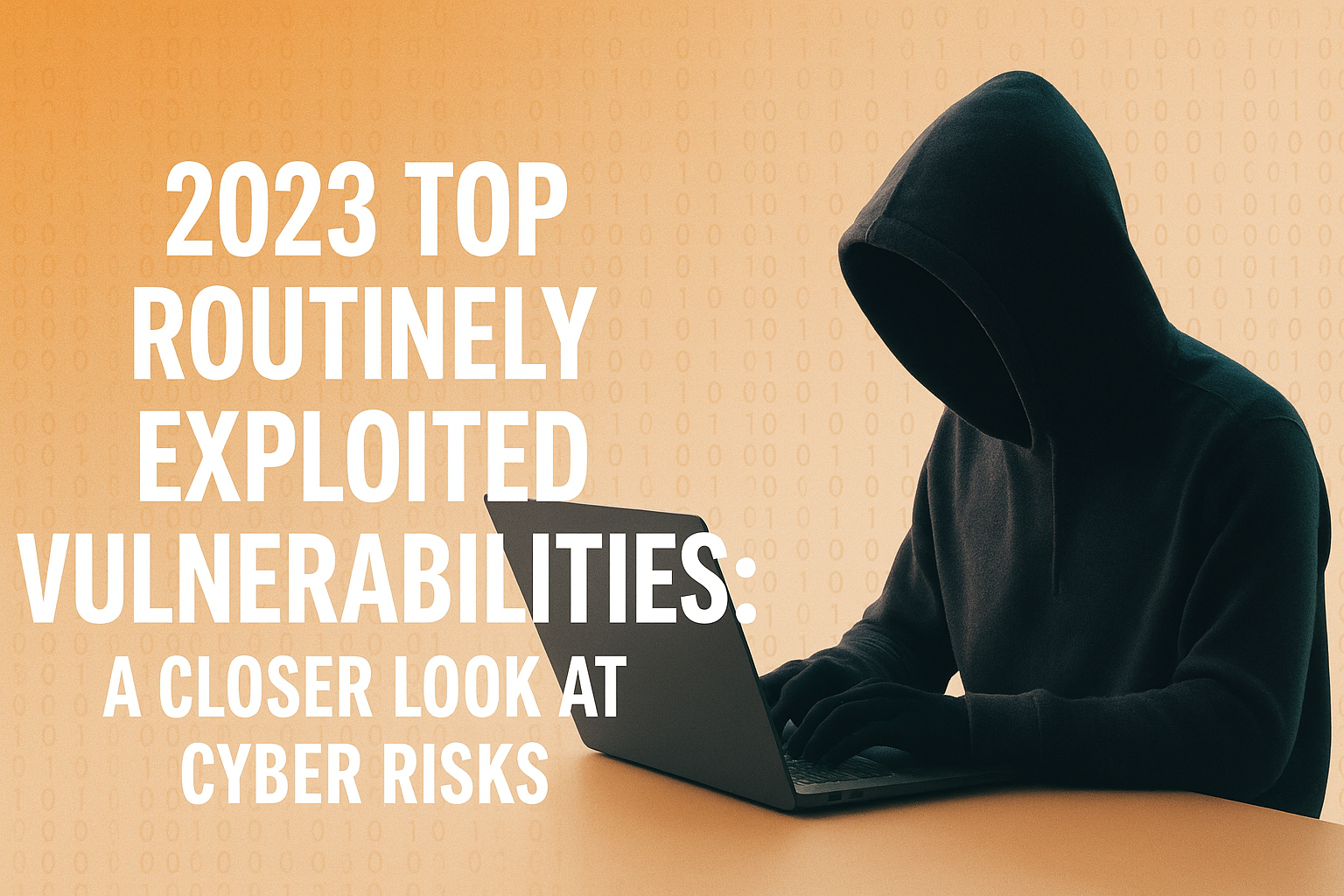Opening Context
In an alarming reminder of the dark web's reach, two residents of East Pierce County, Washington, have pleaded guilty to distributing fentanyl pills via an online marketplace. As the opioid crisis continues to claim lives across the United States, this case exposes the dangerous nexus between technology and illegal drug distribution, raising questions about the vulnerabilities in our digital landscape that allow such activities to thrive.
On September 26, 2025, the U.S. Attorney's Office revealed that Trevor Stephen Haahr, 34, from Puyallup, and Kaeli Arielle Albert, 35, from Orting, face potential prison sentences of up to 40 years following their plea agreements in U.S. District Court in Tacoma. Their case reflects not just individual actions but a broader issue of how fentanyl and other illicit substances can be procured with alarming ease online.
Timeline / Background
The investigation into Haahr and Albert began in early 2023 when law enforcement agencies, including the U.S. Postal Inspection Service, the FBI, and Homeland Security Investigations, turned their attention towards dark web marketplaces where fentanyl pills were being sold. By ordering what was advertised as M30 oxycodone pills, investigators confirmed the substance was indeed fentanyl, a potent synthetic opioid responsible for thousands of overdose deaths.
Over the course of the investigation, Trevor Haahr was identified as the operator of a dark web marketplace dedicated to the sale of these drugs. In a significant operation, law enforcement officials executed search warrants at various locations associated with Haahr and Albert in March 2024, uncovering extensive evidence of their illegal activities.
Among the discoveries were over 10,000 fentanyl pills, large amounts of drug proceeds, and shipping materials. This operation underscored the depth of their conspiracy, which reportedly involved the distribution of more than 100,000 fentanyl pills.
Technical Details (in plain English)
The dark web operates on the fringes of the internet and is often associated with illegal activities, including drug trafficking. Unlike the surface web that people use daily, the dark web requires special software to access and is typically designed to obscure user identities, making it a haven for those looking to buy and sell illegal substances.
In this case, Haahr used the dark web to maintain anonymity while facilitating the sale and distribution of counterfeit prescription pills laced with fentanyl. Law enforcement's ability to infiltrate these networks often relies on undercover operations and the careful monitoring of financial transactions, such as those completed with cryptocurrencies like Bitcoin, which provide another layer of anonymity for criminals.
When Haahr's Bitcoin earnings were seized, they were valued at around $50,000. The confiscation of such digital currencies is becoming a critical tool for law enforcement agencies combating online drug trafficking, as it allows them to disrupt the financial mechanisms supporting these criminal enterprises.
Broader Context
The challenges posed by illegal drug sales on the dark web are not unique to this case or to Pierce County. In recent years, various reports have documented similar cases, with authorities cracking down on extensive networks selling not only fentanyl but also other illicit drugs.
These incidents have prompted governments and law enforcement agencies to devise new strategies for combating online drug sales. They have focused on increased collaboration between agencies, improved tracking of online transactions, and even public awareness campaigns aimed at educating potential drug users about the dangers of counterfeit pills. The rise of platforms like Silk Road and AlphaBay, which were shut down by law enforcement, highlights the persistent challenge that dark web markets present.
Expert / Agency Input
Officials like Acting U.S. Attorney Teal Luthy Miller note the alarming trend of opioid distribution through dark web markets and the urgent need for comprehensive measures to counter these activities. In a statement regarding the case, Miller emphasized, "This case underscores the multi-faceted approach our agencies are taking to combat the distribution of dangerous substances that threaten communities."
The collaboration between multiple law enforcement agencies illustrates a commitment to developing strategies for dealing with the evolving tactics employed by drug dealers online. Monitoring transactions, surveilling known facilitators, and even engaging cybersecurity experts are just a few of the tools being deployed in this ongoing fight.
Impact
For ordinary users, the implications of this case extend beyond the individuals involved. The ease with which dangerous substances can be purchased online through counterfeit medications poses significant risks. This case serves as a stark reminder for communities grappling with the opioid crisis and the vital need for vigilance and education regarding the dangers of illicit drugs, regardless of their source.
Businesses must also be aware of the potential risks associated with engaging in these markets, whether knowingly or unknowingly. Engaging in security measures and employing robust tracking and monitoring systems can help mitigate these risks.
What Readers Can Do
To protect themselves and their communities, individuals should be aware of the potential dangers posed by unsanctioned online marketplaces. Consider the following precautions:
- Educate yourself about the risks associated with online drug purchases and ensure that you are informed about local drug trends.
- Refrain from using unauthorized substances, as counterfeit pills can often be laced with life-threatening substances like fentanyl.
- Support local initiatives aimed at combating drug abuse and raising awareness of the risks of opioid use.
- Utilize resources from healthcare providers and community organizations that can provide information on addiction treatment and prevention strategies.
- Consider speaking with lawmakers to advocate for better funding and resources focused on combatting drug trafficking and providing education to communities.
Closing
The guilty pleas of Trevor Stephen Haahr and Kaeli Arielle Albert serve as a critical juncture in the ongoing battle against drug trafficking on the dark web. As authorities continue their efforts to navigate and dismantle these illicit networks, it raises an important dialogue about awareness and education surrounding the dangers of online drug sales. Given the current opioid crisis, understanding these dynamics has never been more crucial.
References
- U.S. Attorney's Office, Western District of Washington Press Release, September 26, 2025
- National Institute on Drug Abuse, 2023 report on the opioid crisis
- FBI and Homeland Security Investigations documentation on dark web operations
- Articles on previous cases involving dark web drug distribution.
